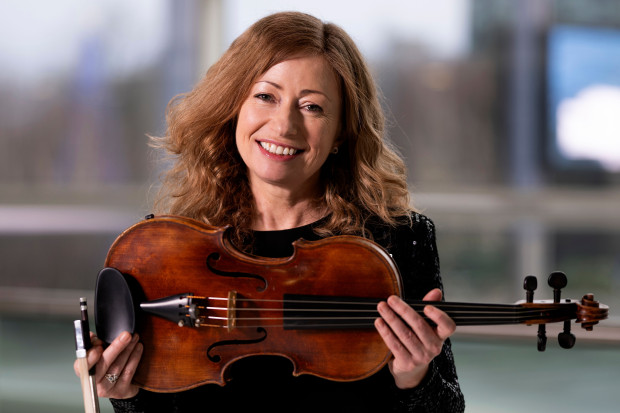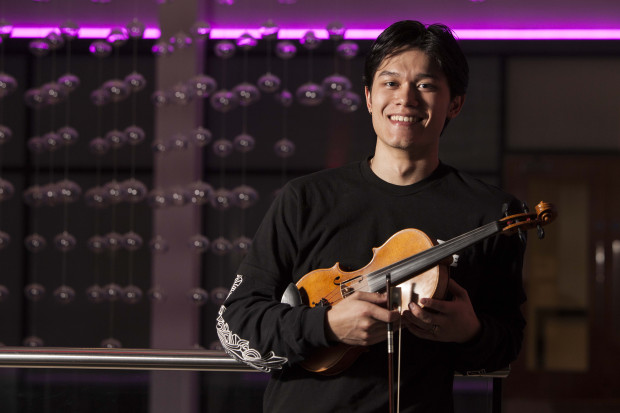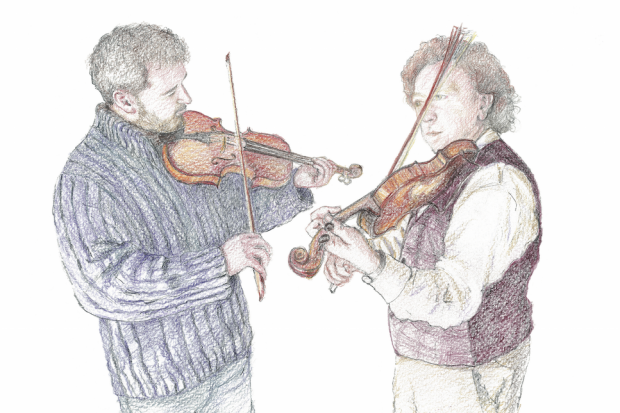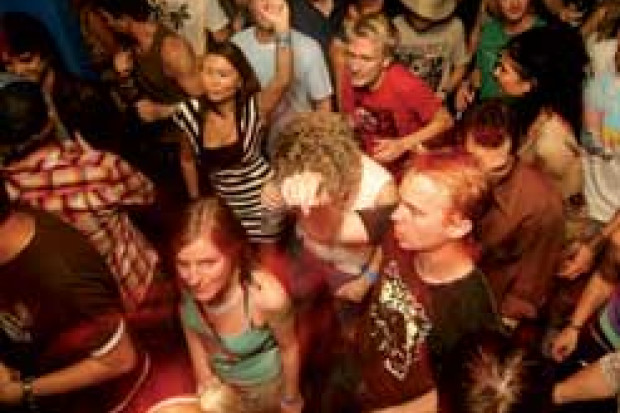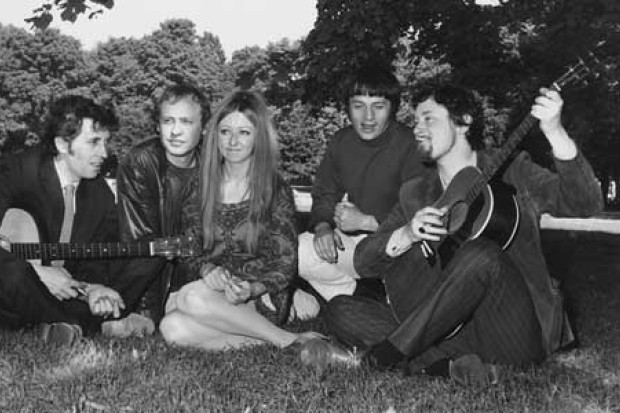
CD Review: Corn Uí Riada: Buaiteoirí, 1972–2007
Corn Uí Riada: Buaiteoirí, 1972–2007
Cló Iar-Chonnachta / RTÉ Raidió na Gaeltachta
CICD 177
The Corn Uí Riada trophy is bestowed on the winner of the prestigious ‘sean-nós’ (literally ‘old-style’) singing competition which forms the climax of the Oireachtas Irish-language festival each year. This double CD is a recording of all twenty-three winners of the competition beginning in 1972 – when the newly founded Raidió na Gaeltachta broadcast the competition for the first time – until 2007.
A number of singers have won the first prize more than once, which explains why only twenty-three singers are featured here. The majority of the songs are live recordings of the actual competitions, while a certain number (as I recall) were sung as an encore after the winner was announced. There are lots of shouts of encouragement to be heard from an appreciative audience on the latter tracks, such as Sarah Ghriallais’s fine version of ‘Contae Mhaigh Eo’.
We are informed in the accompanying booklet that a few of the original songs were replaced by better recordings from the archives of RTÉ Raidió na Gaeltachta, as the station is now called. One can still hear occasional moving of chairs, clinking of glasses and other ‘live’ sounds. The acoustic interference goes beyond the bounds of acceptability on one particular track where instrumental music is audible in the background!
While the proportion of male to female singers is about equal (11:12), nearly all of the singers come from south Conamara, from the hinterland of An Spidéal westwards to the Carna region in Co. Galway to be precise. If we include Treasa Ní Mhiolláin from Árainn (Inis Mór), who broadly speaking can be added to the same region from both a linguistic and a stylistic point of view, as well as the two Dublin winners of the competition – Mairéad Ní Oistín and Éamon Ó Donnchadha – both of whom were greatly influenced by Connemara singers, all but two of the performers have clear connections with that region’s singing tradition. The exceptions are Áine Uí Cheallaigh, a native of Belfast whose style of singing is based on that of An Rinn in Co. Waterford and Lillis Ó Laoire from Gort an Choirce in Co. Donegal.
There is a diverse mixture of songs here, quite a number of which do not form part of the general repertoire, for example, ‘Bean an tSeanduine’ (a ‘chanson de malmariée’) sung by Éamon Ó Donnchadha and ‘Maidin Cheoch’ (a Munster version of the love song known elsewhere as ‘An Sceilpín Draighneach’) sung by Áine Uí Cheallaigh. There are also some fairly recent compositions by local poets such as Maidhcil Bheairtle Ó Donnchú (who died in 1979), two of whose songs are performed here by Máirtín Tom Sheáinín Mac Donnacha and Micheál Ó Confhaola respectively. Another local composition is sung by Meaití Jó Shéamais Ó Fátharta to the air of ‘Ballyshannon Lane’. Indeed the track that made the greatest impression on me, Nan Ghriallais’s powerful singing of ‘Amhrán Pheter Mhicil Báille’, has a reference to the approaching end of the second millennium; beautifully phrased, with some lovely slides and long notes that bring out the immigrant’s sense of grief and longing, I found myself immersed in the song’s emotions.
Among the versions of songs that I especially liked were the rhythmic uncluttered interpretation by Gearóidín Breathnach of ‘An Seanduine Dóite’, and by Johnny Mháirtín Learaí Mac Donnchadha of ‘Bríd Thomáis Mhurchadha’; as well as Seosamh Mac an Iomaire’s seemingly effortless but carefully phrased, flowing version of ‘Amhrán Mhaínse’; Josie Sheáin Jeaic Mac Donncha’s singing of ‘Casadh an tSugáin’ in which the tempo of phrases changes in accordance with the singer’s interpretation; and the almost ten magical minutes of Tomás Ó Neachtain’s faultless version of ‘An Casaideach Bán’.
The accompanying sleeve notes were written by Ciarán Ó Con Cheanainn, the youngest ever winner of Corn Uí Riada (in 2008), whose sudden death at the tender age of twenty-eight in February was a shock to all those interested in Irish traditional singing, but whose legacy will be a source of encouragement and enrichment to future generations of singers.
Published on 1 April 2009
Pádraig Ó Cearbhaill is employed as a placenames researcher in the Department of Community, Rural and Gaeltacht Affairs. Pádraig’s solo CD of traditional song, Amhráin na Séad /Jewels and Pathways was released in 2006.











